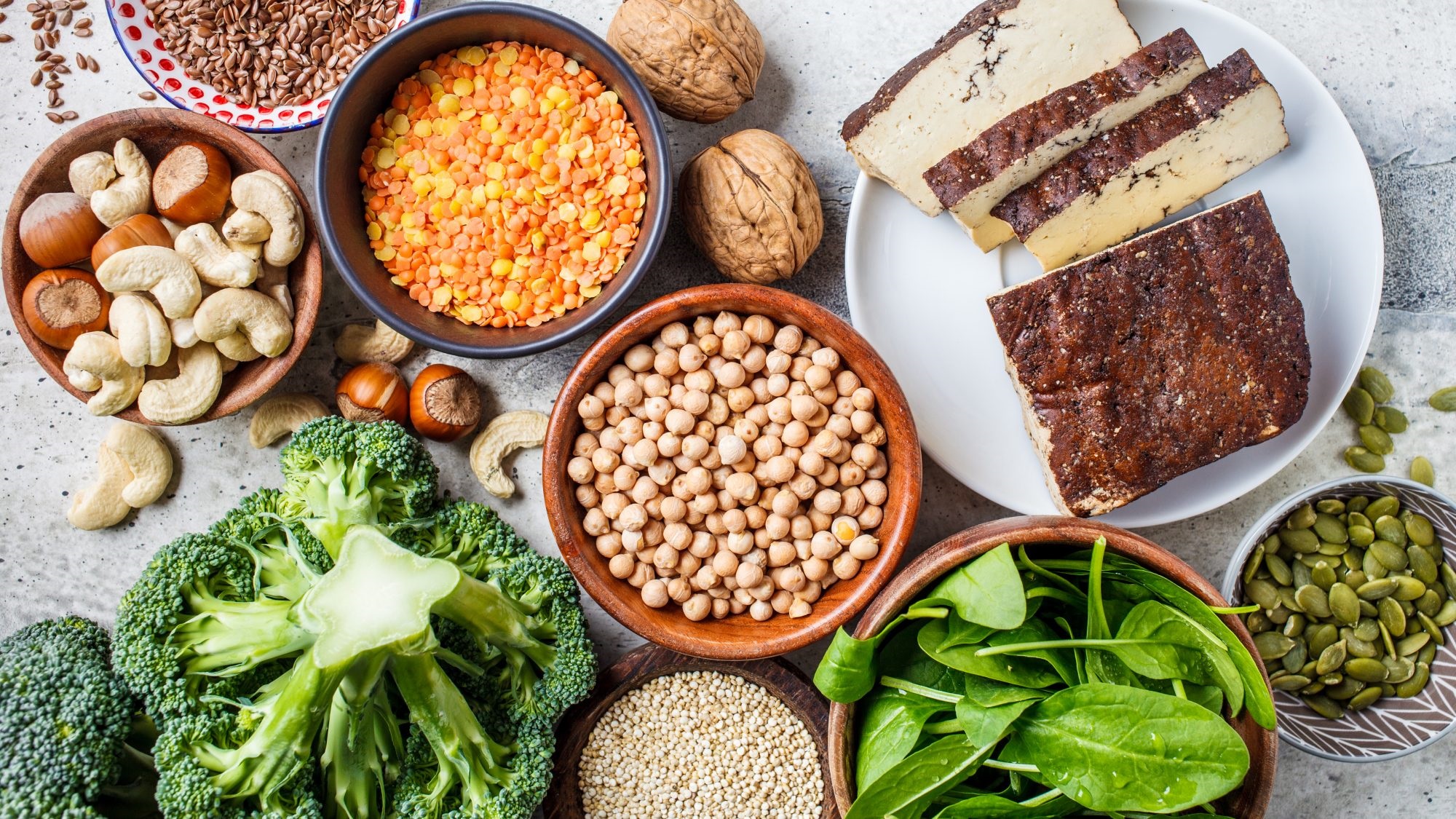Turkey: Nutrition, Calories, Benefits, and More
 Posted On
Posted On
Introduction:
Turkey is a popular poultry meat enjoyed by people around the world. It is known for its lean protein content and versatility in various dishes. Beyond its delicious taste, turkey also offers numerous health benefits. This comprehensive guide aims to explore the nutrition profile, calories, benefits, and more associated with turkey consumption. Whether you’re looking for a lean protein source, planning a holiday meal, or simply curious about the nutritional value of turkey, this guide will provide you with valuable insights.
Nutrition Profile:
Turkey is a lean meat with relatively low fat content. A 100-gram serving of skinless, roasted turkey breast contains approximately 165 calories, 30 grams of protein, and 3.5 grams of fat. It is also a good source of essential nutrients, including vitamin B6, vitamin B12, selenium, phosphorus, and niacin. Additionally, turkey is naturally low in carbohydrates, making it a suitable choice for individuals following low-carb or ketogenic diets.
Benefits of Turkey Consumption:
High Protein Content: Turkey is a excellent source of high-quality protein, which is essential for muscle growth, repair, and maintenance. Protein also helps promote satiety, making it a satisfying food option.
Rich in Essential Amino Acids: Turkey contains all the essential amino acids needed for optimal health. These amino acids play a crucial role in various bodily functions, including the production of enzymes, hormones, and antibodies.
Low in Fat: Turkey is known for its relatively low fat content, particularly if consumed without the skin. This makes it a lean protein option for individuals aiming to reduce their saturated fat intake and maintain a healthy weight.
Vitamins and Minerals: Turkey is a good source of several vitamins and minerals. Vitamin B6 is important for brain health and metabolism, while vitamin B12 supports nerve function and red blood cell production. Selenium is an antioxidant that helps protect cells from damage, and phosphorus is essential for bone health.
Niacin: Turkey is rich in niacin, a B vitamin that aids in energy production, DNA repair, and the maintenance of healthy skin.
Incorporating Turkey Into Your Diet:
Roasted Turkey Breast: Roasted turkey breast is a classic and versatile option. It can be enjoyed as the centerpiece of a holiday meal, sliced for sandwiches, or added to salads for a protein boost.
Ground Turkey: Ground turkey can be used as a substitute for ground beef in various recipes, such as meatballs, burgers, or tacos. Opt for lean ground turkey to keep the fat content low.
Turkey Cutlets or Tenderloins: Turkey cutlets or tenderloins are quick-cooking options that can be grilled, sautéed, or baked. They can be seasoned with herbs and spices to enhance the flavor.
Turkey Sausages: Turkey sausages offer a flavorful alternative to traditional pork sausages. Look for options with minimal additives and lower sodium content.
Leftover Turkey: Leftover turkey can be repurposed into delicious dishes like turkey soup, stir-fries, or sandwiches, minimizing food waste and adding variety to your meals.
Conclusion:
Turkey is a nutritious and versatile protein source that offers numerous health benefits. With its high protein content, low fat profile, and abundance of vitamins and minerals, it can be a valuable addition to a balanced diet. Whether you enjoy roasted turkey breast, ground turkey, or other turkey cuts, incorporating turkey into your meals provides a flavorful and nutritious option. Remember to choose lean cuts, remove the skin, and practice proper cooking techniques to ensure food safety. As with any dietary choices, it’s important to consider individual needs and consult with a healthcare professional or registered dietitian for personalized advice.
- Mushroom Drinks Unleashed: My Tasty Reviews of House of Shrooms’ Best Blends - July 29, 2024
- The Comprehensive Guide to the Benefits of Boron Nootropics - October 31, 2023
- Turkey: Nutrition, Calories, Benefits, and More - July 8, 2023



